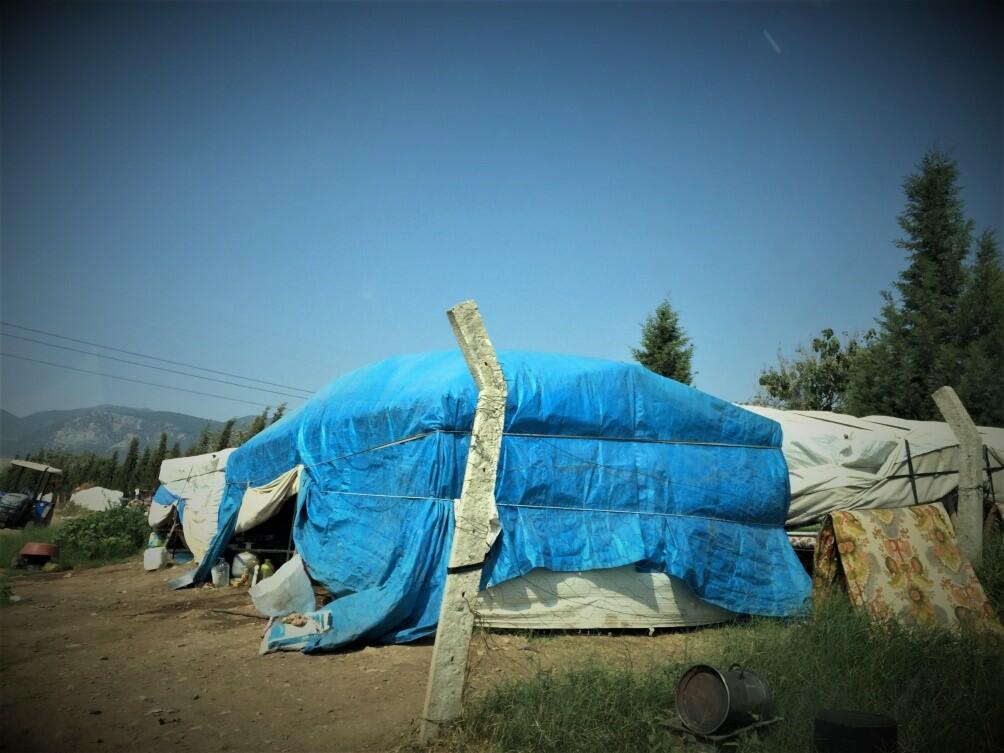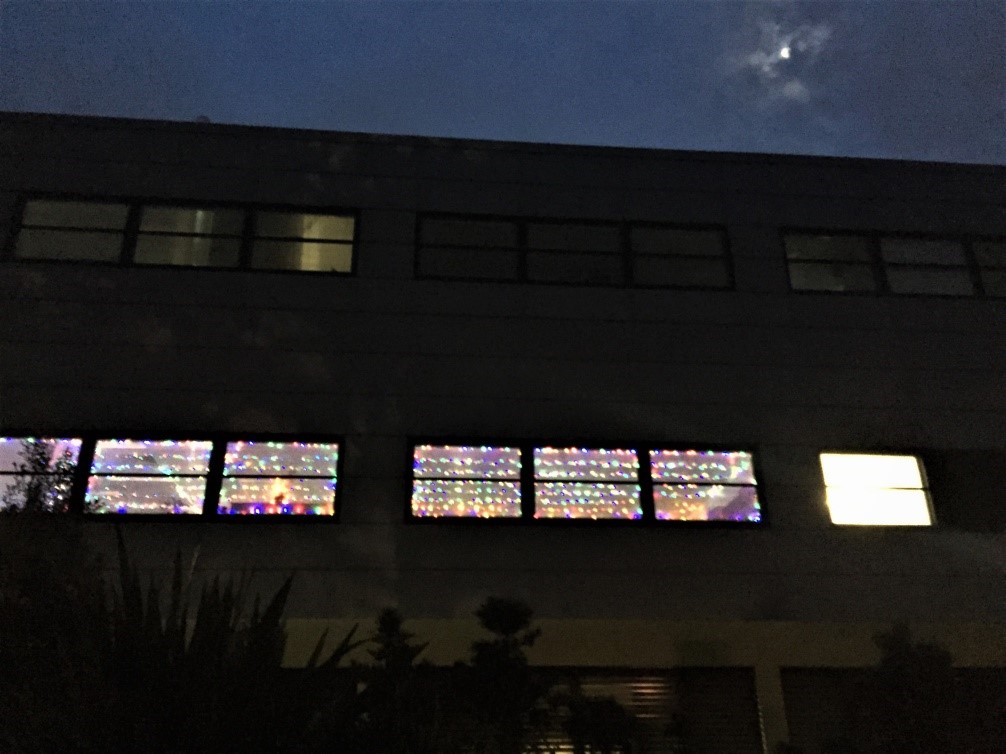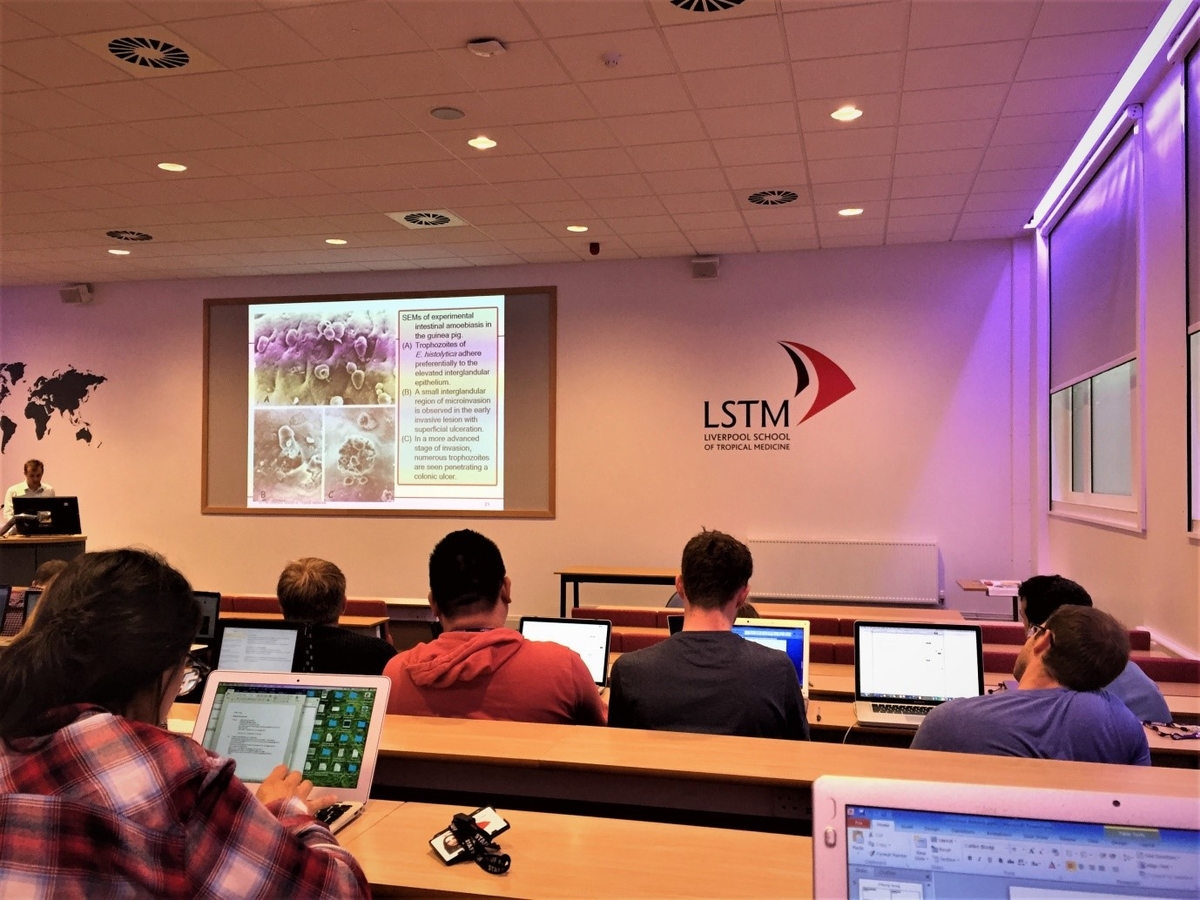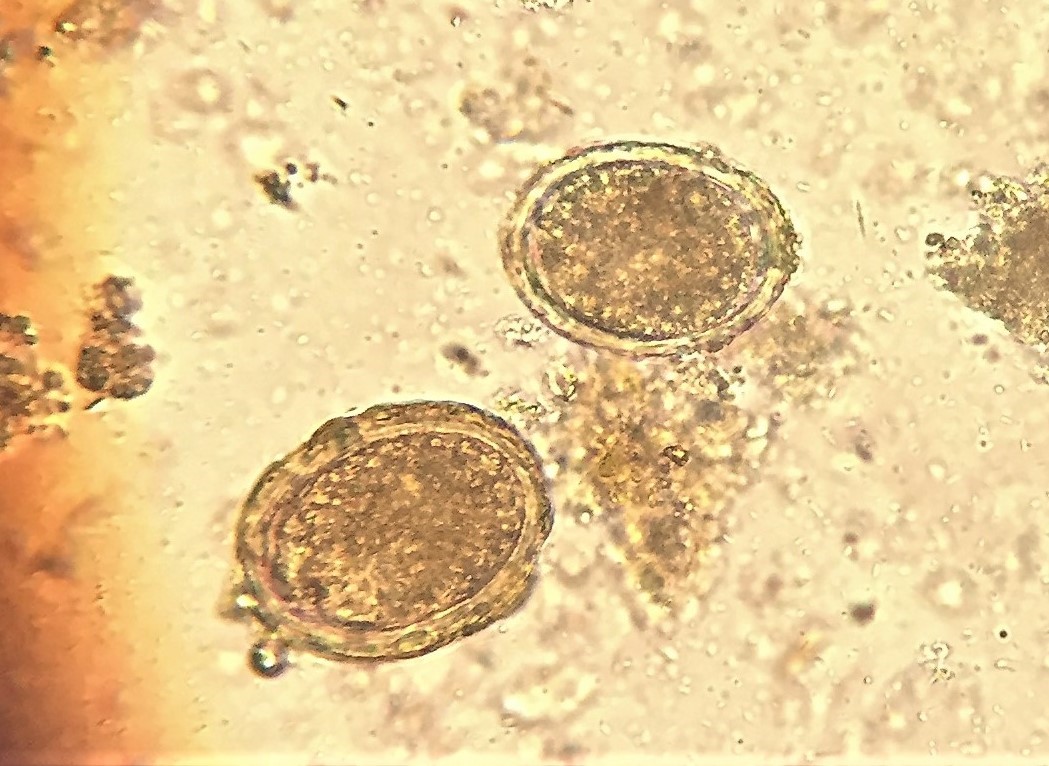
Ahmad Alcheikh. DTMH, September 2018
A rugged tent house in a refugee camp seems a far cry from the hustle and bustle of a large modern city hospital. So it’s a pretty big decision to step momentarily off the daily grind of a medical career and, instead, spend some time in the developing world. The contrast can be daunting. A little scary even. Yes, motivation is important; but careful planning and preparation is just as crucial.

Day one at the Liverpool School of Tropical Medicine (LSTM) saw a smattering of health care workers from around the world thrown together to commit the next three months of their lives to learn about diseases afflicting people in a very different part of the world. We were excited but also a little apprehensive. Some of us were nervous about going abroad having racked only a year or two of experience in hospitals (read: writing scripts and discharge letters!). On the other hand, knowing the protocols for liver transplantation probably won’t come in handy in rural Sudan. Even experienced generalists will have gaps in their knowledge, or challenges in adapting their training to resource-poor settings. Doing a course like the Diploma in Tropical Medicine and Hygiene (DTMH) at LSTM can be invaluable, as well as fun and fascinating!

Another benefit is in gaining perspective, and here the teachers at LSTM were impressive. The perspective they brought is a canvas coloured with years of experience inroles that are not part of an ordinary medical career. The topics were presented in such an engaging way that even a haematology trainee could find public health interesting (all the while hoping a malignant cell would pop up on the next slide). My favourite parts were the anecdotes and stories which allowed us to relate to the material a lot better, because they made the subject personal; they breathe human life to the discourse, and give meaning to the graphs. It’s easier to relate to a human being – a mother, father or a child – than to a number. This perspective, besides perking our interest in lectures, weaves medical knowledge with an understanding of culture, of social structures and of political realities, and allows us to really care, beyond the bare science. Really, this kind of insight is useful in any healthcare setting, but especially in humanitarian work.
 The teaching at LSTM is of high quality. Right from week one, we were in the lab training in parasitology and microscopy. Last week we looked at Ascaris eggs (I should say ova) under the microscope after we each made faecal wet prep slides. Yes, we did that. Every three years Maria, the lab manager, travels to Uganda to collect runny specimens, from real patients, containing these globe-trotting worms for our benefit. Impressive, LSTM.
The teaching at LSTM is of high quality. Right from week one, we were in the lab training in parasitology and microscopy. Last week we looked at Ascaris eggs (I should say ova) under the microscope after we each made faecal wet prep slides. Yes, we did that. Every three years Maria, the lab manager, travels to Uganda to collect runny specimens, from real patients, containing these globe-trotting worms for our benefit. Impressive, LSTM.